Recipients of the Institute for Social Transformation’s Catalyze Grants and Emerging Scholar Grants. Learn more about each project and fellow below.
Seed Grant Recipients $500-$2,500

Grace (Hyesung) Hwang, Assistant Professor, Psychology
“The Root of Political Polarization: Tracing the Development of U.S. Children’s Political Partisanship”
This project will help develop new lines of research that will examine (1) the formation of political identities and its consequences for societal majority and minority children, and (2) the development of civic engagement in politically marginalized children. This research aims to understand the origins of the deep political divide in our country by examining how children are socialized within different political communities and start to show political partisanship. We aim to examine social environmental factors – ranging from parental socialization, school curricula, to county level political leanings – that contribute to the development of political partisanship with a focus on fostering civic engagement in children from disenfranchised populations.
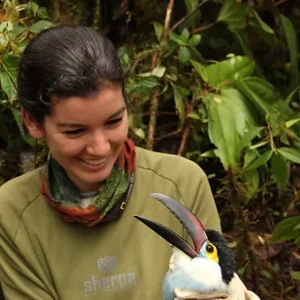
Natalia Ocampo-Peñuela, Assistant Professor, Environmental Studies
“Exploring the Benefits of Birdwatching Tourism to Rural Livelihoods in Colombia”
Colombia is home to 1 million rural peoples who live under poverty, and more bird species than any other country. Bird watching tourism, a lucrative, low-impact activity provides win-win situations for rural livelihoods and bird conservation, potentially replacing existing extractive practices that threaten bird populations and habitats. We aim to bring together economists and ecologists to design and conduct household surveys to quantify the economic benefit of one type of birdwatching tourism (antpitta feeding) to current providers in 7 sites throughout Colombia. This study is the first in a larger research effort to quantify the economic benefit of birdwatching as a means to support sustainable livelihoods in Colombia. Co-collaborators are: Jorge Higinio Maldonado, Professor Universidad de los Andes, Colombia; Alejandra Echeverri, Research Scientist at Stanford University; Jorge Parra, Conservation Areas Director at WCS Colombia.
Sprout Grant Recipients $2,500 to $15,000
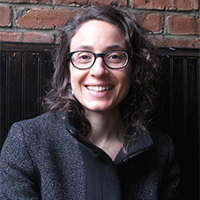
Hillary Angelo, Associate Professor, Sociology
“Power and Light: Public Lands and the Energy Transition”
This grant will support fieldwork in southern Utah for my book, “Power and Light: Public Lands and the Energy Transition”, which treats America’s public lands as a key site to examine climate crisis, social crisis, and paths of social change in the 21st century. The book analyzes energy, conservation, and housing conflicts on public lands in central Nevada and southern Utah as 20th century systems collapse. In historicizing current decision-making and charting the West’s likely futures, Power and Light aims to contribute to current debates around social and environmental justice and the public good at this moment of epochal transformation.
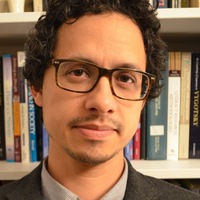
Roberto de Roock, Assistant Professor, Education
“Forging Community Research-Practice Pathways for Digital Justice in Education”
Educational technology has tended to perpetuate student marginalization and criminalization. A deeper understanding of and resistance to this phenomenon is urgently needed, especially in ways that foregrounds alternative sociotechnical visions of the future. This funding will enable us to build on our preliminary fieldwork and writing on the topic (funded by the Hellman Fellows Program) by: 1) beginning to build a cross-campus coalition and research-practice partnership with Bay Area schools, educators, and community organizers with a focus on gathering and diffusing alternative non-carceral visions of educational technology, and 2) leveraging insights into writing external grant proposals for longitudinal research and coalition building.
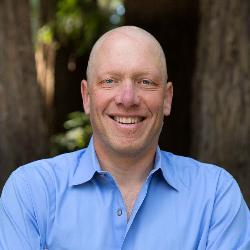
Carlos Dobkin, Professor, Economics
“The Effect of Health on Financial Well-being”
This project investigates how the onset of adverse health events affects individuals’ economic and financial well-being and whether social safety net programs mitigate losses of financial welfare after health events. An adverse health event can negatively affect economic welfare by exposing individuals to the risk of i) large medical expenses and ii) the loss of labor earnings. While the literature reports the mitigating role of health insurance against the first risk, less is known about the role of US safety net programs in shielding individuals from the second risk due to a lack of high-quality data. Linking consumer credit data to administrative medical and earnings records in California, we aim to fill this research gap. Co-collaborators are: Ken Suzuki, PhD Candidate, UCSC Economics.
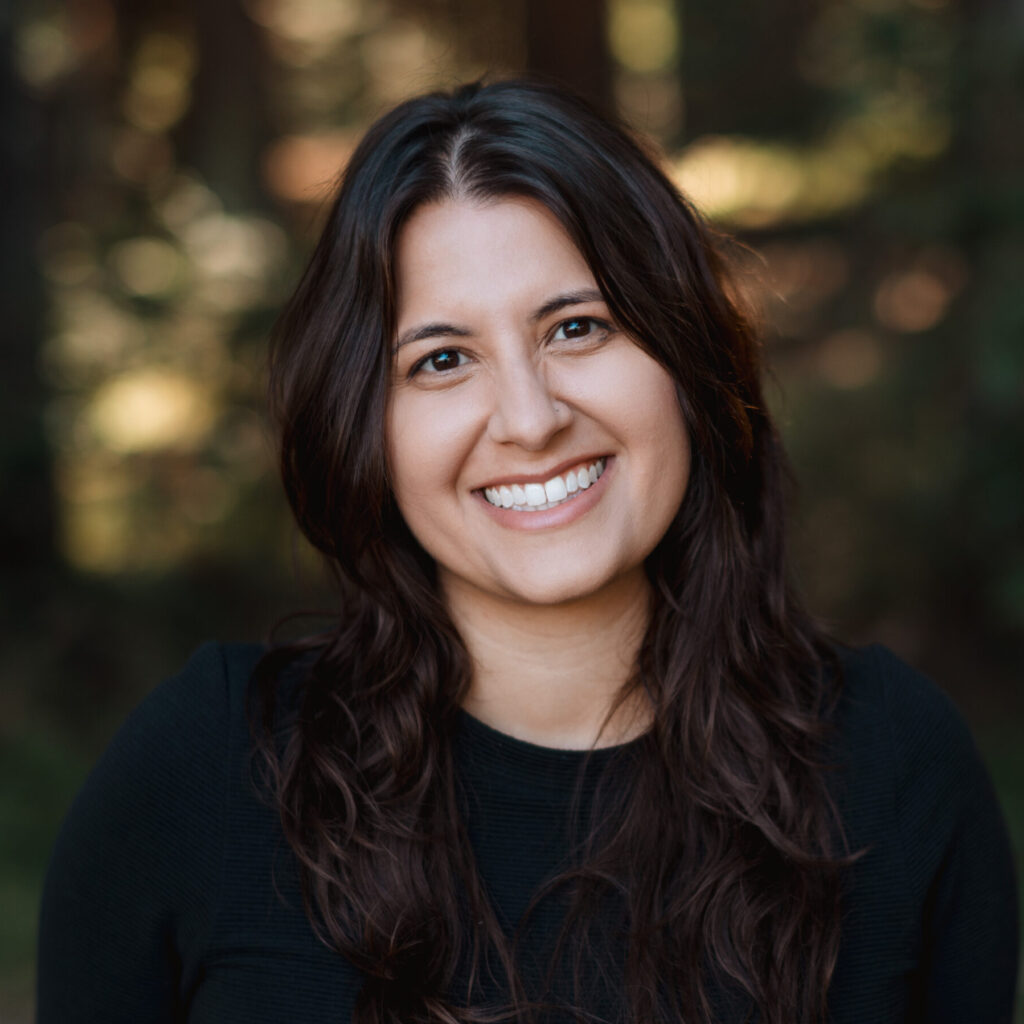
René Espinoza Kissell, Assistant Professor, Education
“Emerging Coalitional Politics Around Educational Debt: Tracing the Relationship Between Grassroots Power and State Policy in California”
Following a generation of neoliberal policies, the political climate of education reform has shifted due to the growing community resistance to school closures, budget cuts, and philanthropic experimentation. However, channeling local frustration into sustained political power brings new challenges. In this pilot study, I will analyze an emergent state-wide coalition bridging anti-privatization efforts in three California districts to illuminate the consequences of state audits in managing fiscal crises facing public schools. This pilot study will lay the groundwork for developing a full external research proposal, including identifying research sites, establishing key contacts in different regions of the state, and developing methodological tools. Research findings will be leveraged to bridge grassroots political education with state advocacy campaigns.
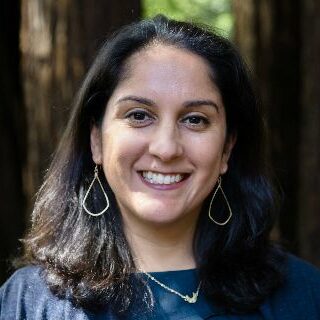
Sikina Jinnah, Professor, Environmental Studies
“Solar Geoengineering Justice: Engaging Marginalized Communities in Public Deliberation for Policy Making”
Solar geoengineering (SG) seeks to reflect solar radiation away from the Earth to lower global temperatures. Despite its global and existential risks the vast majority of research and public engagements surrounding the possible use of SG as a means to combat climate change have been focused on communities in the US and Europe. Similarly, the existing justice discourse surrounding SG has been driven by US and European academics who reject SG on behalf of climate vulnerable communities globally. However, virtually nobody has asked these communities what they actually want. This project seeks to fill this gap by investigating how historically marginalized, climate vulnerable communities view SG as a possible climate change response measure.

Ajay Shenoy, Associate Professor, Economics
“Overcoming the Data Disadvantage Through Data Pooling: Preparatory and Pilot Work to Design a Mobile App Intervention in Zambia”
The ultimate goal of the project is to create a mobile phone app that small shops in Sub-Saharan Africa can use to pool their data. The app would use an algorithm to generate insights about product-level consumer demand comparable to those available to large multinational retailers. The current phase is a pilot study that will develop the algorithm and use a small randomized trial in Lusaka, Zambia to test whether the algorithm can help businesses improve their sales. The results of the pilot will be used to apply for external funding to support the full project. In final form the app could help the poor and mostly-female small-scale retail sector compete with foreign multinational chains, improving their livelihoods while reducing waste. Co-collaborators are: Jie Bai, Harvard Kennedy School; David Sungho Park, KDI School of Public Policy and Management.
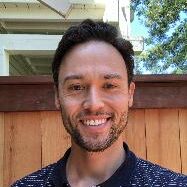
Jeremy Yamashiro, Assistant Professor, Psychology
“Collective Temporal Thought and Imagination for the Collective Future”
My prior work examined cognitive biases in collective memory and future thought, as well as implicit trajectories in mental representations of the nation across time. This research has shown that declinist representations are associated with reduced political efficacy, nostalgia for the past, angst for the future, resistance to immigration, some reduction in support for pluralism, and closer collective temporal horizons (i.e. shorter-term thinking). In the next phase, I will examine how different moral values and frames of meaning shape collective temporal trajectories and temporal horizons.
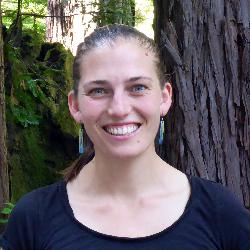
Ariel Zucker, Assistant Professor, Economics
“Evaluating Emergency Transport for Mothers and Children: Evidence from Tanzania“
Maternal and infant mortality are a leading public health concern across Sub-Saharan Africa, and especially Tanzania, where mortality rates for infants and mothers are 6 and 20 times larger than the US. Qualitative studies suggest that reducing delays in emergency care is a promising strategy for improving health outcomes around childbirth, but there is very limited research on rapid provision of care to high-risk patients. This study aims to evaluate the impacts of two programs providing emergency transportation to health facilities in low-resource settings on mother and child health. First, we will evaluate a community driver program that triages and transports pregnant women to health care facilities for urgent care using a difference-in-difference design. Second, we will evaluate the extension of the community driver program to high risk infants using a randomized controlled trial. Co-collaborators are: Monica Shandal, PhD Candidate, UCSC Economics; Laura (Layla) Kwong, Assistant Professor, UC Berkeley Public Health.
Harvest Grant Recipient $500 – $1,500

Andrew Mathews, Professor, Anthropology
“Using Environmental History to Imagine Alternative Landscape Futures in Central Italy“
For the last nine years I have carried out ethnographic and historical ecology research in Central Italy, exploring the impacts of social change, land abandonment, plant disease epidemics, and forest fires on the contemporary landscape. The Harvest grant supports three public outreach events around the Monte Pisano region, where I will present my recently published book, “Trees are Shapeshifters”, (Yale, 2022) to municipal leaders, collaborators, and the general public, facilitating a conversation about how this landscape history might help imagine ways to address climate change and forest fires.
Book Manuscript Accelerator Recipients

J Bettie, Associate Professor, Sociology
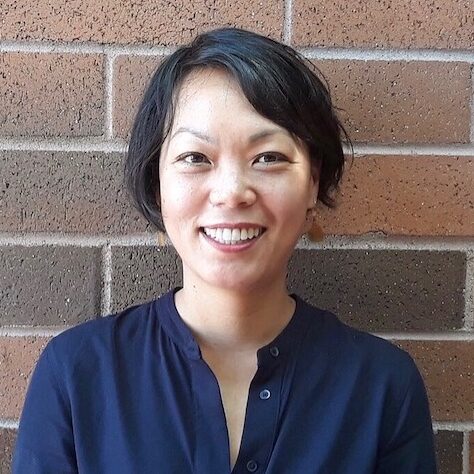
Mijin Cha, Assistant Professor, Environmental Studies
Manuscript Title: A Just Transition for All: Workers and Communities Fighting for a Low-Carbon Future
Abstract: Implementing deep emissions reduction measures is not only technically challenging, but there is a real danger of economic collapse in communities across the world that depend on fossil fuel extraction and use. Rather than an excuse to not act on climate, addressing the challenge of reducing carbon emissions, also known as decarbonization, is an opportunity to build a stronger, more inclusive economy. First coined by labor leader Tony Mazzochi, advocates and scholars use the term “Just Transition,” to describe the work of transitioning fossil fuel workers and communities into a low-carbon future. This book argues that just transition must be more than a fuel source replacement and programs that focus only on green capital solutions are inadequate. Integrating original research conducted in several states, the book presents a view of just transition from the ground up and provides an analysis of how to build- and deploy- power to advance a just transition.

Rekia Jibrin, Assistant Professor, Critical Studies of Education
Manuscript Title: Punishment and Care: Restorative Justice, Forgetting, and the Eclipse of Racial Politics
Abstract: Punishment and Care: Restorative Justice, Forgetting, and the Eclipse of Racial Politics broadly explores the ways schools shape a new racial order under neoliberal policy reforms like restorative justice. It examines the ways school staff come into schools to do good work, but end up reproducing the racial conditions of schooling. Ethnographic observations and in-depth interviews with nonprofit restorative justice workers, school security officers, teachers and administrators reveal how well-intentioned adults bring the paradoxical relationship of discipline and care to life. Analyzing discipline and care as mutually constitutive rather than opposed processes, Punishment and Care focuses on people who bring strong ideals to the work of restorative school culture change and how these ideals were forgotten, ultimately making apparent the ways that punishment and care become symbiotic priorities in educating poor children, rather than the work of education itself.

